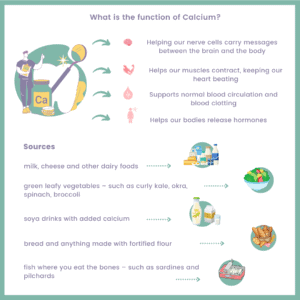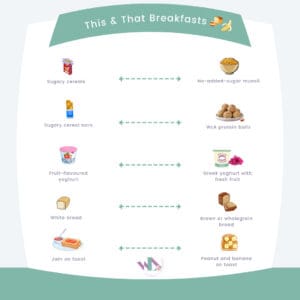At the WLA we often hear ladies who have started working towards eating healthier mention changes to their gut.
As your body adjusts to eating more complex carbohydrates, lean protein fruits and vegetables a sudden increase in fibre consumption can cause bloating and constipation.
Here are some simple ways to improve your gut health!
1. Increase your water intake
Being dehydrated can make you constipated. To prevent this, it is important to drink enough water and stay hydrated. Drinking plenty of water has also been shown to have a beneficial effect on the mucosal lining of the intestines and the balance of good bacteria in the gut.
2. Eat both insoluble and soluble fibre
It’s important to consume both types of fibre since they help your digestive system in different ways. Insoluble fibre, also known as roughage, can’t be digested by the body and therefore helps add bulk to the stools. Soluble fibre draws in water and can help prevent stools that are too watery. Sources of insoluble fibre include vegetables and whole grains; while sources of soluble fibre include oats, nuts and legumes.
3. Add some colour to your plate
Not only are colourful plant foods rich in fibre, but they also contain polyphenols, which gut microbes love. In particular, nuts, berries, seeds, extra virgin olive oil and vegetables, are rich in these beneficial antioxidants and anti-inflammatory compounds.
4. Eat slowly
Chewing your food thoroughly and eating your meals more slowly can help promote full digestion and absorption of nutrients. This may help you reduce digestive discomfort and maintain a healthy gut.
5. Incorporate probiotics and prebiotics into your diet
Probiotics are the same kind of healthy bacteria naturally present in your digestive tract. They help restore the natural balance of bacteria in your gut which can ease constipation. Sources of probiotics include yoghurt, pickles or fermented foods. Prebiotics act as food for probiotics, helping them support healthy bacteria in the gut. Prebiotics are found in a variety of fruits, vegetables, and whole grains including oats, onions, and legumes.
Let us know in the comments below how above information helped you.



